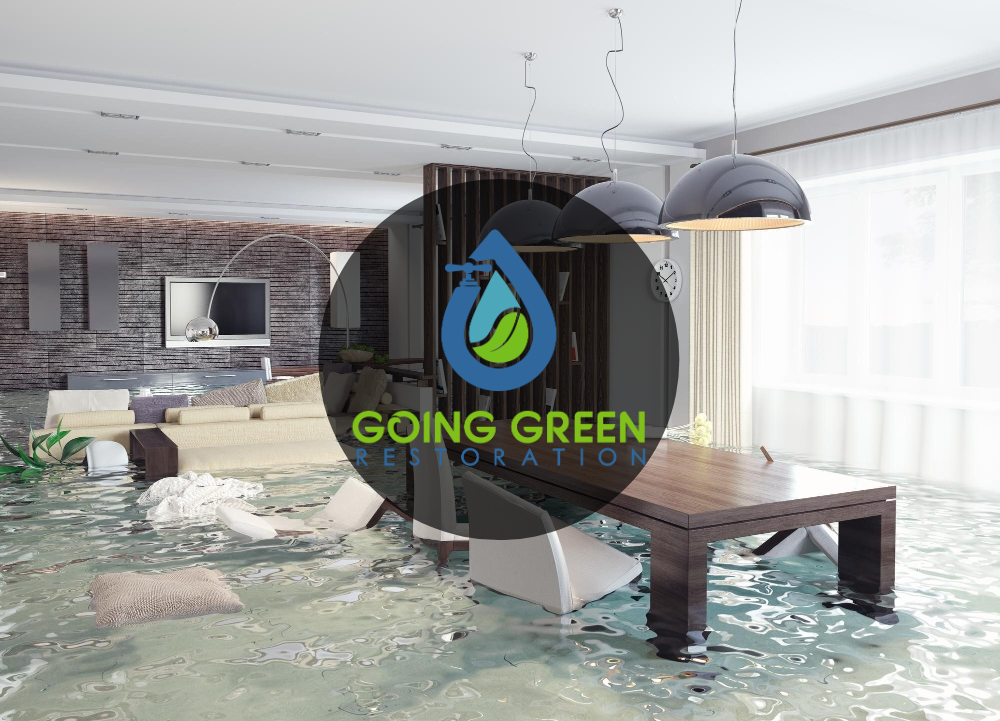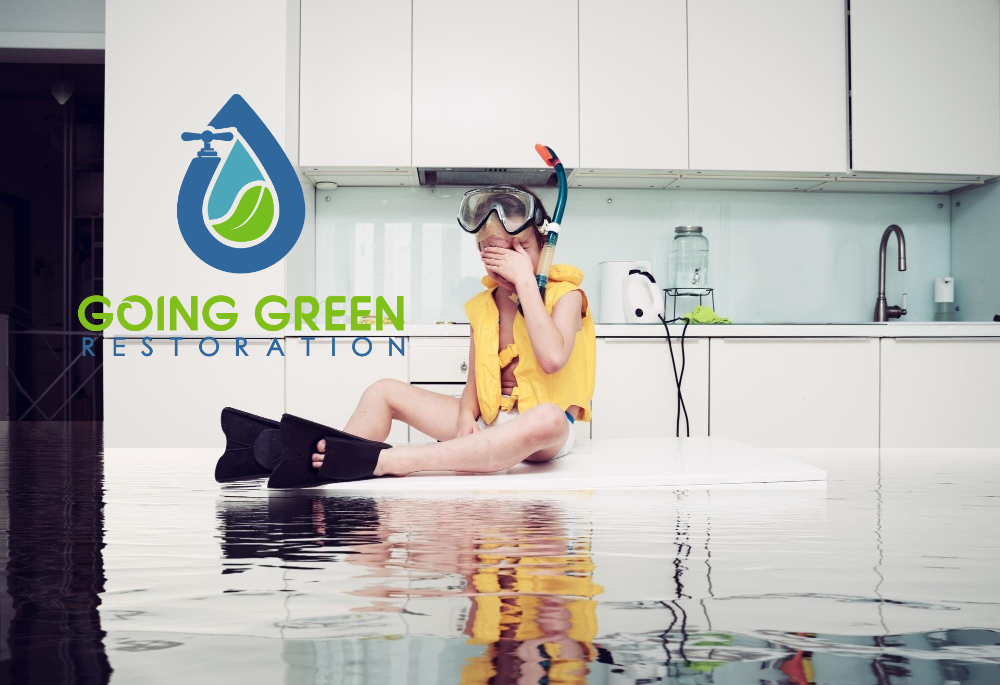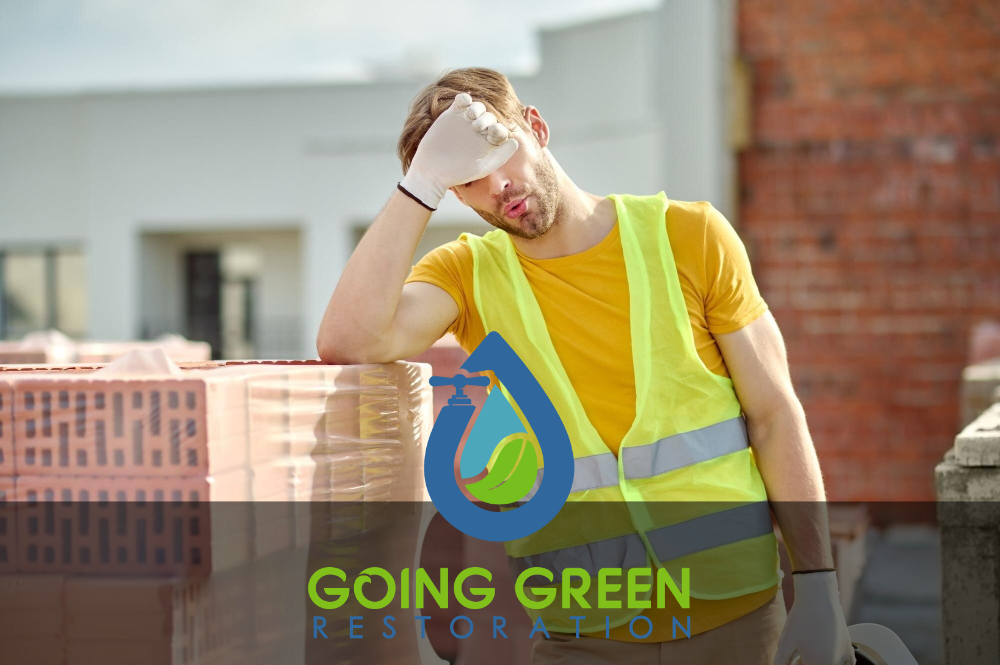Top 10 Causes of Water Damage in Orlando and How to Avoid Them
Water damage is a pervasive issue for homeowners and businesses in Orlando, Florida. With the region’s humid climate, frequent storms, and aging infrastructure, water-related problems can escalate quickly, causing extensive damage if not addressed promptly. Understanding the common causes of water damage and learning how to prevent them is essential for protecting your property.
This guide will explore the top 10 causes of water damage in Orlando, offering expert advice and highlighting solutions like Orlando Water Damage Restoration and 24/7 Emergency Restoration Orlando to help you stay prepared.
1. Severe Weather and Hurricanes
Orlando’s tropical climate makes it susceptible to severe weather events, including hurricanes, heavy rains, and tropical storms. These natural disasters can cause flooding, roof damage, and water infiltration in homes and businesses.
Prevention Tips:
- Install storm-resistant windows and doors.
- Regularly inspect your roof for loose or damaged shingles.
- Use sandbags and barriers to redirect water away from your property during storms.
In the aftermath of severe weather, quick action is crucial. Orlando Flood Damage Repair services can help mitigate the damage and restore your property efficiently.
2. Burst Pipes and Plumbing Failures
Aging or poorly maintained plumbing systems are a leading cause of water damage. Burst pipes can result from freezing temperatures, excessive water pressure, or corrosion, leading to significant water accumulation indoors.
Prevention Tips:
- Insulate exposed pipes to protect them from freezing.
- Regularly check for leaks and address them promptly.
- Install a water pressure regulator to prevent excessive strain on pipes.
For immediate assistance in dealing with burst pipes, professional Water Damage Repair Orlando services can minimize further issues.
3. Faulty Appliances
Household appliances such as washing machines, dishwashers, and water heaters can malfunction, causing water leaks. Aging appliances or worn-out hoses are particularly prone to failure.
Prevention Tips:
- Inspect hoses and connections regularly for signs of wear.
- Replace old appliances with newer, energy-efficient models.
- Schedule routine maintenance to detect potential issues early.
When appliance failures cause water damage, Orlando Water Clean Up & Restoration experts can help restore affected areas quickly.
4. Clogged Gutters and Downspouts
Blocked gutters and downspouts prevent rainwater from flowing away from your property, leading to pooling around the foundation and potential basement flooding.
Prevention Tips:
- Clean gutters and downspouts at least twice a year.
- Install gutter guards to prevent debris buildup.
- Ensure downspouts direct water at least six feet away from the foundation.
Regular maintenance and services like Orlando Restoration Company can address water intrusion caused by clogged gutters.
5. Roof Leaks
A compromised roof is another common source of water damage. Missing shingles, cracked flashing, or damaged underlayment can allow rainwater to penetrate, leading to interior water damage and mold growth.
Prevention Tips:
- Inspect your roof annually for damage or wear.
- Repair minor issues promptly to prevent larger problems.
- Use a waterproof sealant on vulnerable areas of the roof.
Professional assessments and mold removal services like Mold Removal Orlando can prevent long-term issues stemming from roof leaks.
6. Foundation Cracks
Cracks in the foundation of your property can allow groundwater to seep inside, especially during heavy rains. This issue not only compromises the structural integrity of your building but also increases the risk of mold.
Prevention Tips:
- Seal foundation cracks with waterproof materials.
- Ensure proper grading around your property to direct water away.
- Install a sump pump in the basement to manage groundwater.
For comprehensive solutions, rely on services like Orlando Residential Mold Remediation to tackle both water damage and mold concerns.
7. Sewer Backups
Sewer backups occur when wastewater cannot flow properly through the drainage system, leading to water overflow into your home or business. This situation can result from clogs, tree root intrusion, or flooding in the municipal sewer system.
Prevention Tips:
- Avoid flushing non-biodegradable items down the toilet.
- Have a professional inspect your sewer lines annually.
- Install a backwater valve to prevent sewage from flowing back into your property.
For emergency cleanup, 24/7 Emergency Restoration Orlando services provide rapid response and effective remediation.
8. HVAC System Issues
Heating, ventilation, and air conditioning (HVAC) systems can cause water damage if not properly maintained. Clogged condensate lines or malfunctioning components may result in water leaks.
Prevention Tips:
- Clean and inspect condensate lines regularly.
- Replace air filters to prevent clogs.
- Schedule annual HVAC maintenance with a professional.
If water damage from an HVAC system leads to mold, professional Orlando Emergency Mold Remediation services ensure thorough cleanup and prevention.
9. Overflowing Sinks, Tubs, or Toilets
Human error or plumbing issues can cause sinks, bathtubs, or toilets to overflow, resulting in localized water damage. While it may seem minor, repeated incidents can lead to structural damage and mold.
Prevention Tips:
- Avoid leaving running water unattended.
- Install overflow protection devices.
- Check plumbing fixtures for proper drainage.
For cleanup and restoration, Orlando Water Damage Restoration services provide reliable support.
10. Natural Flooding
Low-lying areas in Orlando are particularly vulnerable to natural flooding caused by heavy rains, hurricanes, or rising water levels. Floodwaters can introduce contaminants, complicating the restoration process.
Prevention Tips:
- Elevate utilities and electrical systems above flood levels.
- Create a flood emergency plan and keep supplies ready.
- Use waterproof materials for flooring and walls in flood-prone areas.
Following a natural flood, professional Orlando Flood Damage Repair services are essential to ensure thorough restoration and safety.
Additional Resources for Water Damage Prevention
For further insights into water damage prevention and recovery, these authoritative resources offer valuable information:
- Ready.gov: Flood Safety – Guidance on flood preparation and response.
- EPA: Mold in the Home – Best practices for mold cleanup and prevention.
- FEMA: Protect Your Property – Tips for safeguarding homes and businesses from water-related risks.
Taking Action: Trust Going Green Restoration for Peace of Mind
Water damage doesn’t wait, and neither should you. Whether it’s a burst pipe, a leaky roof, or flooding from severe weather, swift action is critical to minimizing damage and protecting your property. Going Green Restoration’s expert services, including Water Damage Repair Orlando and 24 Hour Mold Removal Services Orlando, provide comprehensive solutions for every situation.
With a commitment to eco-friendly practices and exceptional customer service, Going Green Restoration helps you recover quickly and effectively, ensuring your home or business remains safe and healthy.
FAQs
- What are the first steps to take after discovering water damage?
The moment you discover water damage:- Stop the water source: Turn off the water supply to prevent further flooding.
- Remove standing water: Use buckets, towels, or a wet/dry vacuum to clear water from affected areas.
- Move valuables to safety: Protect important items like electronics, furniture, and documents.
- Contact professionals: Reach out to a restoration company like Orlando Restoration Company for immediate help. Prompt action limits damage and reduces restoration costs.
- How can I detect hidden water damage?
Hidden water damage often manifests subtly. Look for:- Musty odors: A persistent damp smell may indicate trapped moisture.
- Discoloration: Stains or dark spots on walls, ceilings, or floors.
- Warping: Walls or floors that appear swollen or uneven.
Professionals use tools like moisture meters and infrared cameras to locate concealed moisture, ensuring thorough restoration.
- What health risks are associated with mold after water damage?
Mold exposure can lead to:- Respiratory problems: Coughing, wheezing, and difficulty breathing.
- Allergies: Sneezing, itchy eyes, and skin irritation.
- Infections: Especially in individuals with weakened immune systems.
Vulnerable groups, such as children, the elderly, and those with pre-existing health conditions, are particularly at risk. Professional mold remediation ensures a safe, healthy environment.
- How quickly does mold develop after water exposure?
Mold can begin growing within 24–48 hours of water exposure, especially in warm, damp environments. Prompt water removal and drying by professionals significantly reduce the risk of mold growth. Restoration companies act quickly to extract water, dehumidify spaces, and treat affected areas. - Can water damage restoration prevent mold entirely?
Yes, when handled properly, professional water damage restoration can prevent mold growth. Services like Orlando Emergency Mold Remediation focus on thorough water extraction, moisture removal, and treating surfaces to eliminate mold risks. Their expertise ensures that your property is restored to a safe and healthy condition. - Are eco-friendly restoration methods as effective as traditional ones?
Absolutely. Eco-friendly restoration methods combine advanced technology with sustainable practices, achieving results comparable to or better than traditional methods. Companies like Going Green Restoration use non-toxic cleaning agents and energy-efficient equipment, ensuring high-quality results without harming the environment. - What insurance coverage is available for water damage?
Most standard homeowner’s insurance policies cover water damage caused by sudden and accidental events, such as:- Burst pipes
- Appliance malfunctions
- Roof leaks from storms
However, policies typically exclude gradual damage from neglect or wear and tear, as well as natural flood damage, which often requires separate flood insurance. Review your policy and consult with your insurer to understand your coverage.
- How long does the water damage restoration process take?
Restoration timelines depend on the extent of the damage.- Minor damage: A few days to dry and repair.
- Severe damage: Several weeks, especially if mold remediation or structural repairs are required.
Professionals assess the situation and provide a clear timeline to minimize disruption.
- What are the signs of structural damage after water exposure?
Structural damage may include:- Cracks in walls or ceilings
- Sagging or warping of floors
- Compromised support beams
Addressing these issues promptly with restoration experts ensures the safety and integrity of your property.
- How can I prevent future water damage?
Preventative measures include:- Routine inspections: Check plumbing, roofs, and gutters regularly.
- Install water alarms: Early detection devices for leaks and flooding.
- Maintain appliances: Inspect washing machines, water heaters, and dishwashers for wear and tear.
- Waterproofing: Seal basements, foundations, and exterior walls.
Proactive steps reduce the likelihood of water damage and protect your investment.
This comprehensive guide equips homeowners and businesses with actionable advice to manage water damage effectively. By choosing expert services like Orlando Restoration Company, you can ensure a thorough, eco-friendly restoration process that safeguards your property and health.
Posted on Behalf of Going Green Restoration USA


